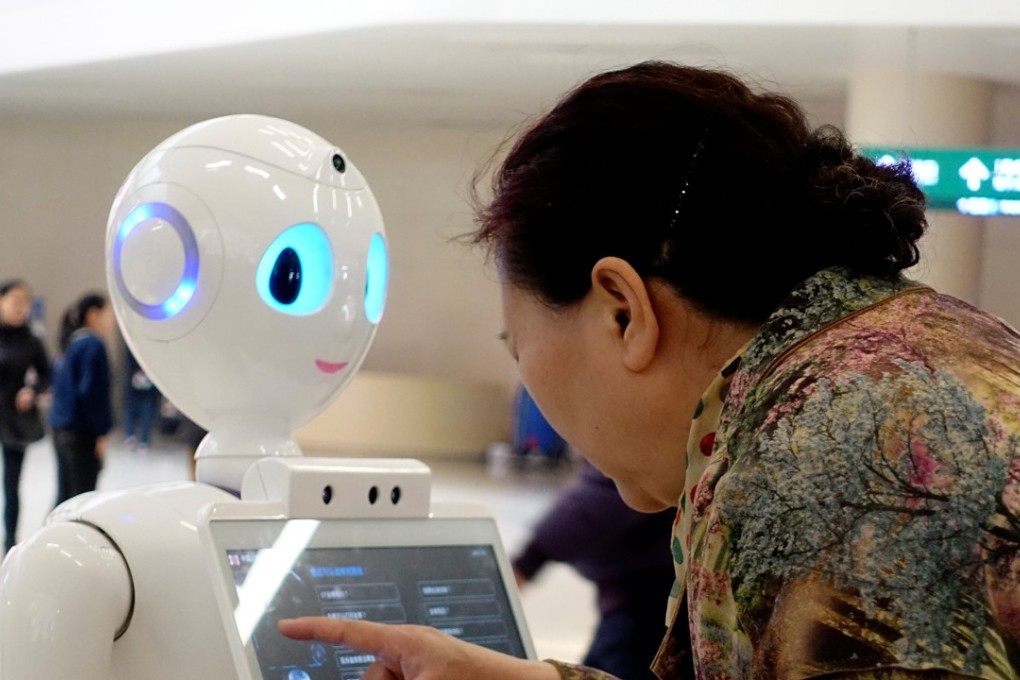Baidu to debut simultaneous machine translation in latest challenge to Google
- Baidu system claims to be first with ‘anticipation capabilities and controllable latency’
- The AI model is trained with data including similar sentence structures

Baidu, operator of China’s largest search engine and a national champion in artificial intelligence, has thrown down the gauntlet to Google with the upcoming debut of its first simultaneous translation system.
The public demonstration, scheduled for the company’s annual Baidu World tech showcase on November 1, will come a year after its US-based rival released earbuds that claim to be able to translate 40 languages in close to real time.
The Baidu system, however, claims to be the first with “anticipation capabilities and controllable latency” – the latter enabling users to adjust the trade-off between word delay and translation quality – according to a whitepaper the Nasdaq-listed company released on Tuesday.
“Baidu is working really hard on it,” said Liang Huang, principal scientist of the company’s Silicon Valley AI lab and a leading scholar behind the project. “We are very excited and very proud that it makes simultaneous machine translation possible for the first time.”
Powered by deep learning – a sub set of machine learning – and tapping into a translation database, the system can “routinely predict” what subjects a speaker is about to discuss within a few seconds and address the latency arising from grammatical word order among different languages.
“We tackled this challenge using an idea inspired by human simultaneous interpreters,” said Huang.